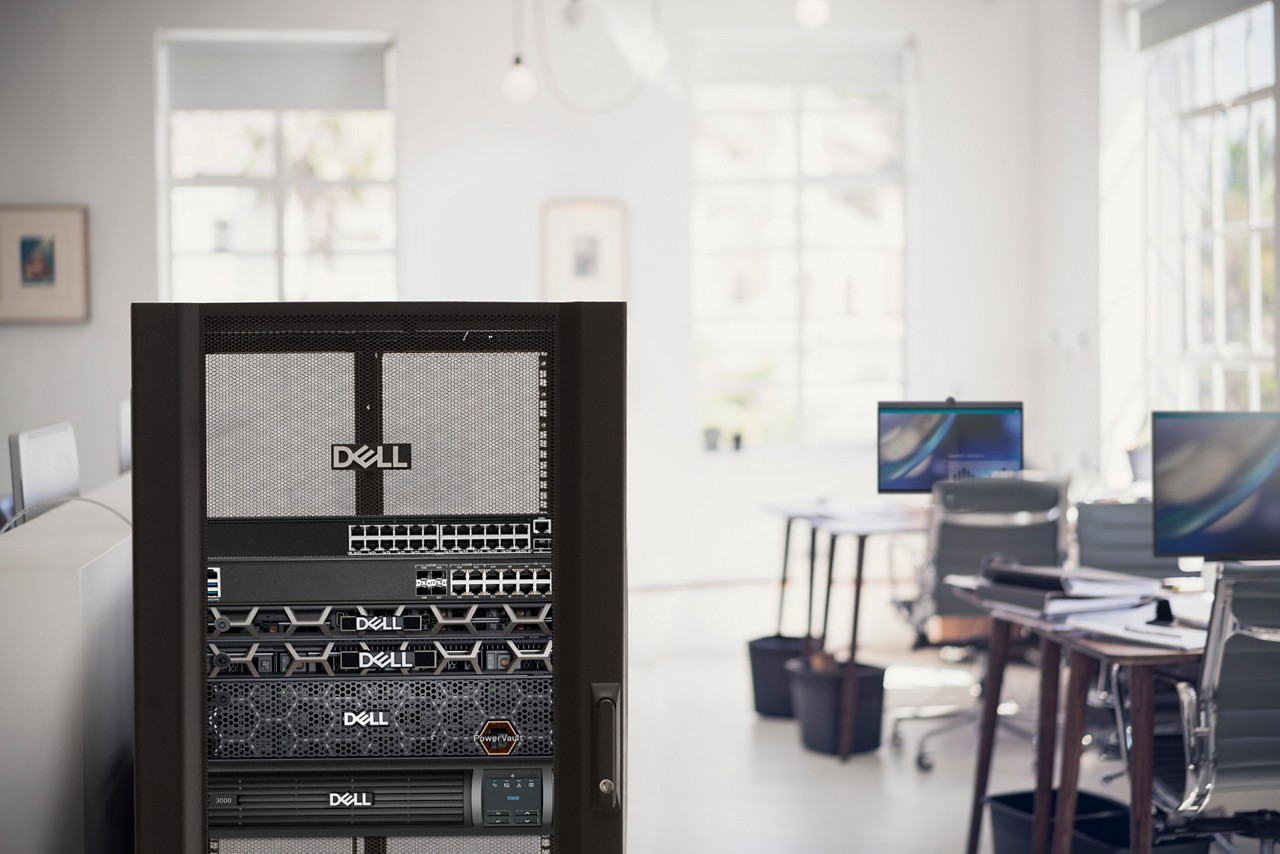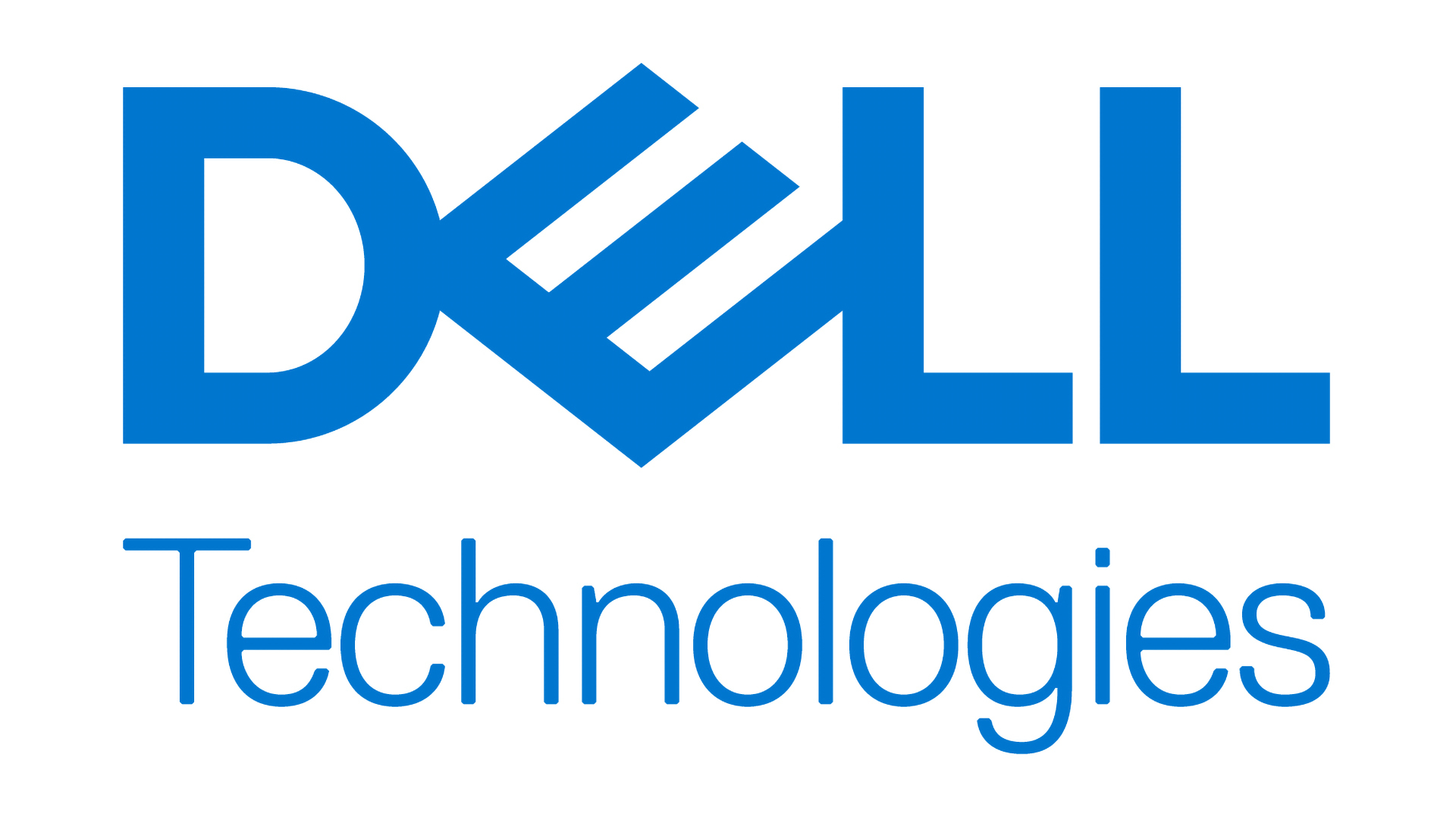What’s the best way to safely share data inside your small business?
Should you opt for a server or the cloud? These are the pros and cons of each solution.

If your small business has grown to where it needs a server, well done on successfully getting to this point. Installing a server is the next logical step when the demands of the business require access to multiple computers and network resources.
A server will help organise the IT infrastructure, enabling access to business applications, secure backups and network resources with the speed and processing capability a small business needs.
There are two categories of servers: on-premises server or cloud-based services, and it’s crucial to understand the pros and cons of each to make an informed decision that will suit your small business.
Why add a small business server?
Unlike their larger business peers, small businesses will typically arrive at a point where their computer set-up starts to restrict their operations. When considering adding a server, there are some specific criteria to keep in mind.
- A server will help centralise data storage and management, allowing files and documents to be stored in one location, including provisions for backup.
- A server will support better collaboration within the business by allowing staff to access information and applications with ease from many locations and devices.
- Expandability needs to be available on an as-needed basis so that the server can meet the demand patterns and workloads across the network at all times.
- Storage capacity is another important consideration to ensure it can grow and scale in line with the business.
- Access controls and security features need to be available to protect important business information and ensure only authorised staff have access to data.
Is an on-premises server right for your small business?

A small business on-premise server is physically installed at the business location and this set-up suits a range of use cases.
With an on-premises server, the business owns the equipment and is responsible for managing the data and all of the infrastructure. There’s also more control over your own data and hardware, enabling staff to directly manage things, whether it’s upgrades, modifying the hardware or new features.
It’s also easier to add any customisations, allowing more flexibility to choose the hardware and software that suits the business’s needs and have the desired tool to support its operations.
A physical server tends to be more cost effective in the long run, even though the upfront costs may be higher, and there are no monthly fees for connectivity.
When considering an on-premises server, there are also some other factors. Being managed by the business, it requires suitable IT staff to set up and manage the servers which requires time and funds for maintenance.
Depending on the business, there may be a need to ensure regulatory or other compliance that needs to be managed in-house, and any loss of data or other issues will need to be handled internally too.
There’s also limited scalability, because hardware will need to be replaced as the business grows and that can be costly and time-consuming.
Is a cloud server right for your business?

With a cloud-based server, data is stored off-site and accessed via the internet. This option may suit some small businesses looking to outsource more of the ongoing management of that data storage.
In particular, cloud storage has lower upfront costs because there’s no capital outlay, although this needs to be weighed against the ongoing monthly storage and usage fees it will attract.
Adjusting to the business needs is handled by scaling capacity as things change. Likewise, tools and services can be added as needed, although this needs to be done through the cloud storage company, so it’s not as straightforward as being able to handle in-house.
Updates and security compliance are also handled by the cloud storage provider, but this means having all of the business data and information stored and managed in the cloud. There’s an inherent risk from unauthorised access entrusting data by a third-party.
Cloud storage enables data to be accessed from anywhere with an internet connection; however, any local connection issues can create issues in accessing and utilising business data.
There’s limited scope for customisations for small businesses, which can leave gaps in functionality. There’s also less direct control over data and a dependency on the storage provider’s infrastructure and capacity, which can affect performance. And the provider can also increase costs with little or no warning, leaving little scope for avoiding budget blowouts.
Choosing the right small business server for your needs

A small business server is much more than just backup capacity, providing performance and connectivity across the business, and is a key part of the growth strategy.
When it comes to expanding their IT infrastructure, businesses will need to decide which class of server will best fit their needs. They’ll need to consider their budget, the required capacity with some headroom for future growth and their preferences for local or cloud-based services.
They can be sure that a server will quickly become the lifeblood of this business – which is why finding the right one is essential.
This article is part of a series on servers for small Australian businesses, brought to you in partnership with Dell Australia. Find out more about whether it’s time for your business to adopt a server, plus Dell’s range of systems.
Suffering small business growing pains? A dedicated server could be the answer
What’s the best way to safely share data inside your small business?
Get your small business server up and running with the right tools
Need a server for your small business, but don’t know where to start?
Are you a pro? Subscribe to our newsletter
Sign up to the TechRadar Pro newsletter to get all the top news, opinion, features and guidance your business needs to succeed!